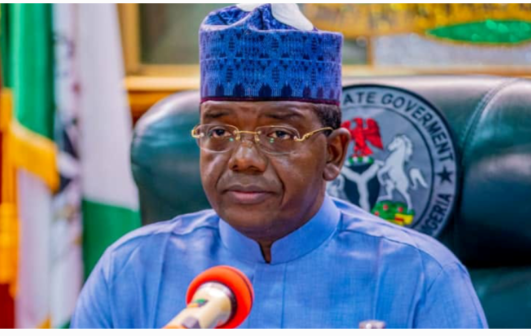EFCC investigates governor Matawalle over N70b fraud
By Uzair Adam Imam Governor Bello Matawalle of Zamfara State is currently under investigation over alleged N70 billion fraud, says the Economic and Financial Crimes Commission (EFCC). Abdurrashid Bawa, the EFCC…

